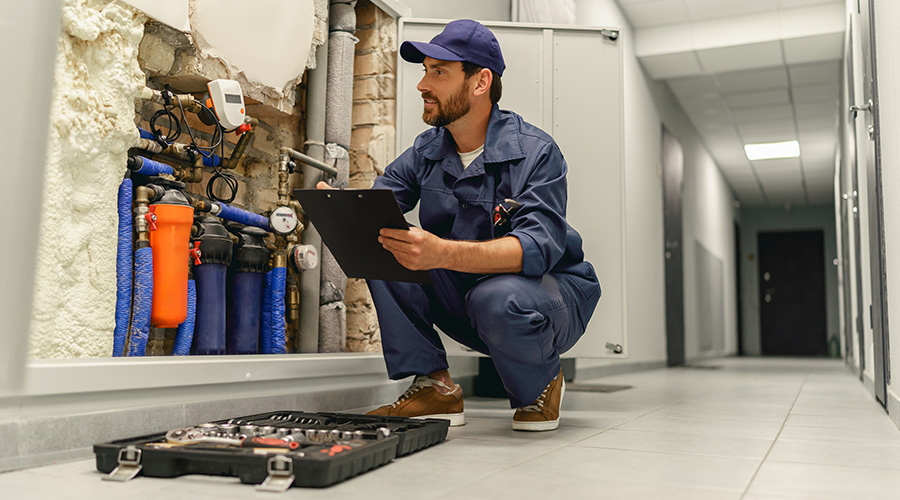As electric vehicle adoption continues to rise, healthcare facilities face increasing pressure to provide EV charging infrastructure for staff, patients, and visitors. However, beyond sustainability goals and convenience, what financial and regulatory incentives are available to make these projects viable?
In this manufacturer roundtable, Healthcare Facilities Today brought together leading EV charging manufacturers to explore the incentives healthcare facilities can leverage. The panel will discuss how these incentives impact the decision-making process, the challenges of implementation and what the future holds for EV charging in the healthcare sector.
What incentives are available for healthcare facilities to install EV charging stations?
“The US Department of Energy’s Alternative Fuels Data Center has a list of state laws and incentives for EVs, including business rebates. (https://afdc.energy.gov/laws/state.) Also, Group Purchasing Organizations, such as Vizient and Sourcewell, offer member organizations access to pre-vetted and pre-negotiated rates for EV charging stations.”
— Jenifer Yokley, chief marketing officer, Blink Charging
“In a strategic move to promote sustainable transportation, healthcare facilities across the nation are now becoming focal points for the installation of EV charging stations. Recognized for their pivotal role in community accessibility, these facilities are often eligible for substantial rebates, underscoring their significance in the green mobility ecosystem.
Healthcare properties, with their extensive operating hours and open-access parking lots, are ideally positioned to support 24/7/365 charging availability. This constant accessibility not only benefits the daily commuter but also ensures that emergency services and on-call staff have reliable access to charging infrastructure at all hours.
Moreover, most healthcare facilities are equipped with robust electrical systems capable of supporting the added demand of EV chargers. Each location, however, is meticulously assessed to meet rigorous power standards, ensuring that the infrastructure is both efficient and safe.
By incentivizing the integration of EV charging stations, healthcare facilities are set to play a crucial role in driving the adoption of electric vehicles, while also supporting the grid with manageable and sustainable energy consumption patterns.”
— Eli Braha, executive vice president, EVectriFi Technologies Inc.
Jeff Wardon, Jr., is the assistant editor of the facilities market.

 EaaS: Funding Infrastructure Projects with Energy Savings
EaaS: Funding Infrastructure Projects with Energy Savings Balancing Security Systems with Patient Comfort in Healthcare
Balancing Security Systems with Patient Comfort in Healthcare Harris Health Reports 10-Year Data Breach
Harris Health Reports 10-Year Data Breach Gen Z Trusts AI More Than Their Managers
Gen Z Trusts AI More Than Their Managers CISA Lapse Amid Government Shutdown Raises Concerns for Healthcare Cybersecurity
CISA Lapse Amid Government Shutdown Raises Concerns for Healthcare Cybersecurity